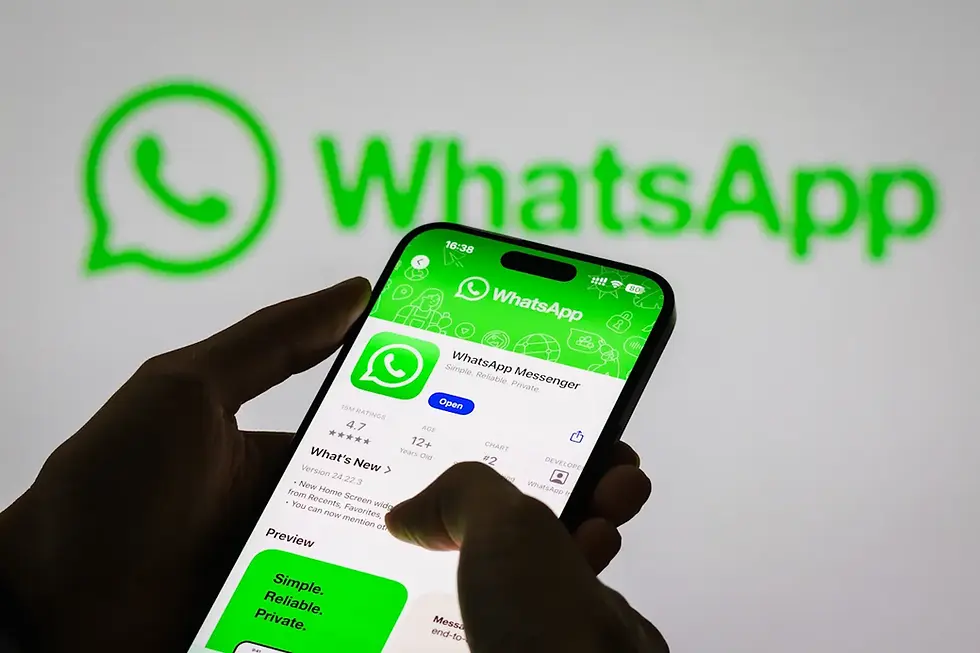Stigma Ends When Access Begins: Breaking Barriers in Mental Health Care
- Tiffany Cooper
- Sep 28, 2025
- 1 min read

For years, conversations around mental health have been whispered in the shadows. The stigma — fear of being judged, misunderstood, or labeled — has silenced too many who desperately need help. But the truth is simple: when people have access to affordable, compassionate care, stigma begins to lose its grip.
Across the world, and right here in our own communities, access is proving to be the key. In India, for example, a groundbreaking new program called “Never Alone” allows students to connect with mental health support 24/7 via WhatsApp. With just a text, they can be screened, counseled, and connected to ongoing care — all at a fraction of traditional costs. This innovative approach shows what’s possible when accessibility is prioritized.
In the U.S., teletherapy and community-based programs are making strides, but barriers remain: high costs, long wait times, and limited providers, especially in rural areas. For many, the choice isn’t whether to seek help — it’s whether they can afford to.
Why this matters:
People are far less likely to feel ashamed when counseling is readily available.
Affordable, everyday access normalizes the idea that mental health is health.
Removing barriers means more people step forward before reaching a crisis point.
The path forward is clear: stigma doesn’t vanish on its own. It dissolves when care is available, affordable, and accessible to all. Every dollar donated, every program supported, and every voice raised makes a difference in ensuring that no one has to struggle in silence.
Because when access begins, stigma ends.
_edited.jpg)

Comments